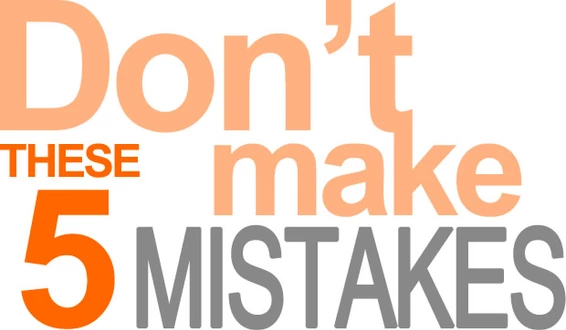5 Grave Estate Planning Mistakes that Might be Present in your Plan or your Loved One’s Plan

Are you visiting an Estate Planning Attorney Soon? Here are three questions to ask:
February 10, 2019
Three Ways to Protect your Important Documents when a Natural Disaster Strikes
March 9, 2019
Many do not pay enough attention to estate planning, which can often cost families tens to hundreds of dollars, but worse can sometimes cost the family precious relationships. When people do become interested in estate planning as a gift to themselves and their loved ones, however, there are critical mistakes that many families make. Below I have listed five such mistakes for you to look out for:
- Failing to make an estate plan at all. This mistake is most common among younger families who mistakenly think that estate planning is only for the elderly. In the state of California, if you own a home or have minors and a life insurance policy, it is time to create an estate plan. When you do not create an estate plan, the state of California decides who gets what when and who will care for minor children and their finances.
- Mishandling the ongoing paperwork. Out of date beneficiary designations is the number one culprit here. After a divorce, a death, or simply because loved ones have aged, you may need to update your beneficiary designations often over the course of your life. This can be a cumbersome process if you have not set up a flexible estate plan. There are ways to create a plan that make keeping your paperwork up to date easier.
- Failing to review your plan regularly. Many set it and forget it. I once read a study that the average estate plan that gets implemented due to a death is seventeen years old. A lot can happen in this length of time and it is important to make sure that your plan fits your current situation so that nothing unexpected or unwanted occurs when you become disabled or pass away.
- Not “Funding” your plan. Funding means transferring your property in a way that fits your plan. If you have a trust, it means that most—if not all—of your property is titled in the name of the trust. If you do not have a trust, but have created a will- based plan it is still important to hold all of your property in a way that is not contrary to the plan that you want carried out when you pass or become incapacitated.
- Giving away too much too soon. It is a maxim that it is better to give with a warm hand, but with today’s tax laws, that is not true. It is usually better to give property through a will or trust. Often, families will transfer property to the next generation thinking they want to avoid the court process known as probate. Transferring property into a joint tenant structure or into the name of a member of the next generation will avoid probate and the cost and time that would have gone toward that process, but it often results in negative tax consequences that can cost the family hundreds of thousands more than probate court.
Not many revel in the idea of discussing their possible death or incapacity, but if you do not create a great plan, it may result in broken banks and broken relationships. Do yourself and your family a favor and call us to see what we can do to create a great estate plan for you (951)304-3431.



